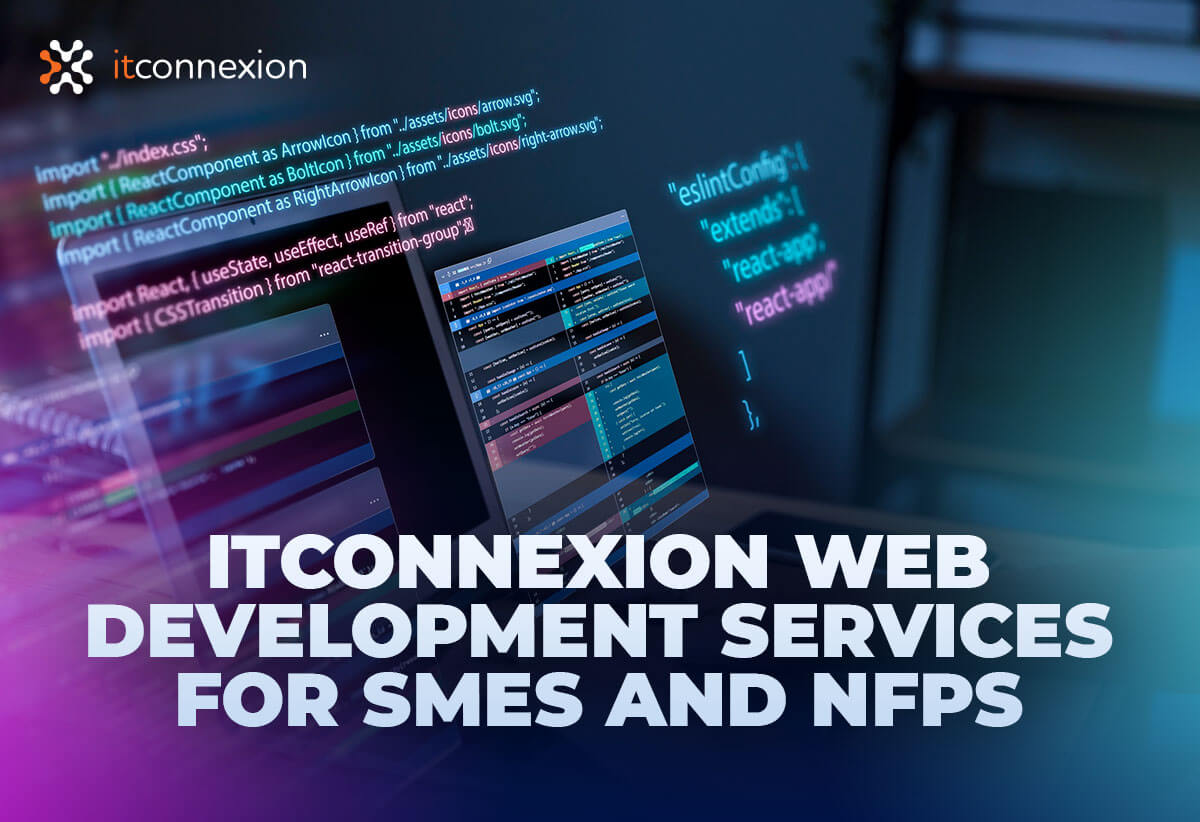SMBs face the same cyber threats larger enterprises face. Smaller businesses often make the mistake of thinking they may be too small to be a target but this isn’t the case. Attackers increasingly look at SMBs as easier potential targets due to having less stringent defences. They can also automate hack attacks against thousands of small businesses at the same time.
Phishing Attacks
Phishing attacks account for 90 per cent of all breaches that organisations face. These attacks occur when someone pretends to be a trusted contact, enticing a user to click a malicious link, download a malicious file or give them access to sensitive information, account details or credentials. Phishing attacks have grown increasingly sophisticated over time, with attackers becoming more convincing when pretending to be a legitimate business contact.
Part of what makes these attacks so difficult to manage is that they target the people within a business, rather than technological weaknesses. That means training staff on how to identify phishing attacks is just as important as having the right technological defences and procedures in place.
Ransomware
Ransomware attacks are another common cyber threat. It typically works by enticing someone in a business to unknowingly open or download malicious software, usually received through a phishing email. This encrypts all of the data on the company network. The perpetrator then requests a ransom of thousands of dollars before providing the decryption key.
To prevent ransomware attacks, businesses should have strong Endpoint Protection in place across all business devices. This stops ransomware attacks from being able to effectively encrypt data. Businesses should also have an effective cloud back-up solution in place. These solutions backup data securely in the cloud, preventing data loss.
Malware
Malware is another big threat facing small businesses. Referring to a range of cyber threats such as Trojans and viruses, malware is a varied term for malicious code that hackers create to access networks, steal data or destroy data on computers. Malware most often comes from malicious website downloads, spam emails or by connecting to other infected devices.
These attacks are especially damaging for small businesses as they can cripple devices, requiring expensive repairs or replacements. They can also give attackers access to sensitive data, putting customers and employees at risk. Endpoint Protection solutions are once again the key to preventing malware attacks.
Weak Passwords
Weak passwords remain a frequent cause of data breaches and other attacks, with studies estimating that 90 per cent of passwords can be breached. Ensure your business has unique passwords for everything being accessed and guarantee they are complex enough to be secure. That means using unorthodox combinations of upper and lower case letters, numbers and symbols.
You should also add other methods of authentication so that you’re not relying on the password alone for security. Multi-factor authentication, such as a text message with a unique code to type in along with a password, is an ideal second solution.
Upgrade Your Business’s Cyber Security
ITConnexion is a Melbourne based IT services company that provides a range of managed IT services including cyber security assistance. Our experts can help you implement security measures that are ideal for your organisation. Contact our team today to find out more.





